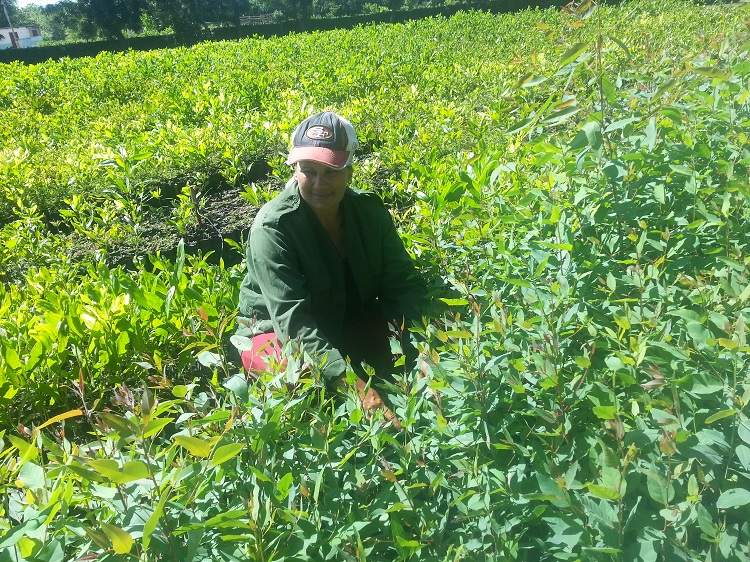
Nearly fifty tons of organic-mineral have been produced to date by the Agricultural Supply Company of Las Tunas, which is a contribution to the country, given the current deficit of fertilizers in Cuban agriculture.
Las Tunas, Cuba.- Rolando Cabrera Sánchez, Commercial Director of the entity belonging to the Logistics Business Group of the Ministry of Agriculture (Gelma), said that of that figure they already sold about 20 tons, mainly to the Urban Farm in the municipality of Las Tunas.
The commitment, he said, is to invoice about 150 tons of the assortment at the end of August, for which they have the necessary components: ammonium sulfate, organic matter obtained from the cows or pigs, a surplus of the sugar industry and compost, essentially, and other elements.
In the next few days, he said, production should be boosted by the operation of new premises for these tasks and the conditioning of similar sites in the territories of Puerto Padre, Majibacoa and Colombia, which will mean a positive contribution to the work already begun in the self-consumption of the entity.
He also explained that, if necessary, the process would be extended to La Siguaraya farmhouse in Vázquez, which would also benefit this site dedicated to this type of agriculture, so appreciated by the population.
The organic-mineral invoiced in Las Tunas, known by its commercial name as Orgatún, is obtained from a mixture of mineral products and an organic fertilizer, which turns it into a variant or alternative of the integrated fertilization, explained the expert.
In addition to this range, the Agricultural Supply Company markets, for the sector, efficient microorganisms produced by the Pharmaceutical Laboratory Company (Labiofam); and other fertilizers such as Bayfolán, Ceberefer and Nicosave, a semi-industrial product made from tobacco powder, with the additional advantage of a wide application in any type of crop.
In view of the financial difficulties the country is facing, local science accompanies producers in their quest to produce more food and encourages the use of alternatives such as the use of organic fertilizers and worm humus to make up for the lack of chemical fertilizers, while also encouraging the use of biological alternatives for pest control.